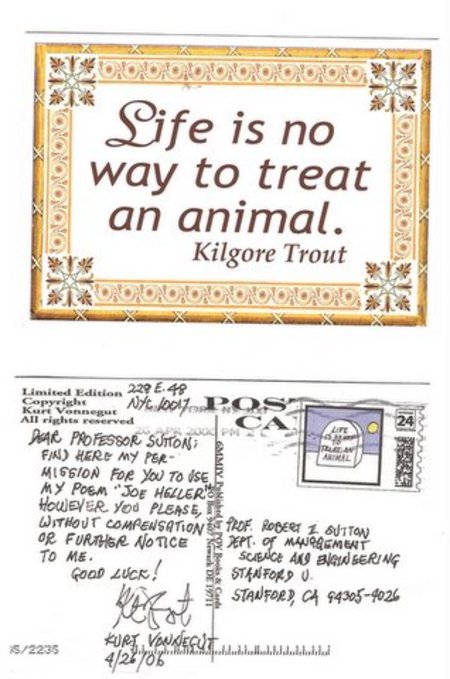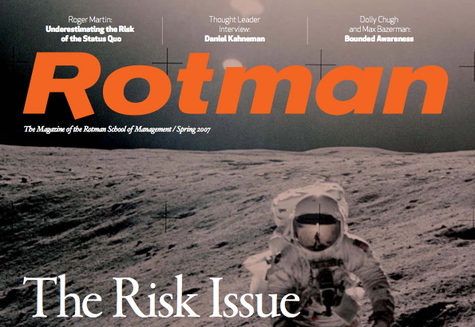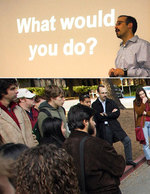Like my fellow blogger John, I recently quit World of Warcraft. It wasn't just about saving the $15/month I was blowing on a game I wasn't playing anymore; many issues played a role in my decision, to wit:
- WoW just isn't as cool anymore. Ah, you say, it was never cool! Oh, but it was. WoW is the most amazing piece of "flow design" -- the art of matching challenge to skill -- that I've ever had the pleasure to use. Pair its ability to put one in a state of flow with some beautiful graphics and an easy to use platform for social networking, and you've got one sticky game. Cool, even. But what is hip today soon becomes passe, and I fear that WoW has become a victim of its own success, becoming too familiar and too big. And, to paraphrase a statement I heard over the weekend, advertising is the penalty companies pay for being uninteresting: I knew I had to quit WoW when I saw the commercial featuring Mr. T. In its heyday, WoW didn't need mass advertising. (cash cow)*(milking it) = uninteresting
- Per the wisdom of Bob Sutton, I decided I had enough power, fame, glory, and material wealth. In WoW, that is. When you're a level 70 Hunter and your equipment is good enough to not get killed every five minutes, and you've got a pet bear named Yogi who you love like a... dog, and your outfit couldn't be more Darth Vader, and you finally built that gyrocopter to validate all those hours spent getting your engineering up to 350, there just isn't much more left to life. With all of this achieved, I quickly fell off the challenge/skill matching curve and the flow stopped flowing.
- Opportunity costs. I'm all about learning by doing, and I learned a lot from tooting around the world of WoW. I learned about designing for flow, and got a glimpse of what the future of truly social software may hold. Enough, even, to get a journal article out of it. Now that the learning is under my belt, I'm ready for the next thing. What should I do? Let me know if you have any ideas.
But I'm more than a little bummed. I miss Diegoman a bunch already. Sniff sniff, sniff sniff.














 Ideas Worth Spreading.
Ideas Worth Spreading. 



